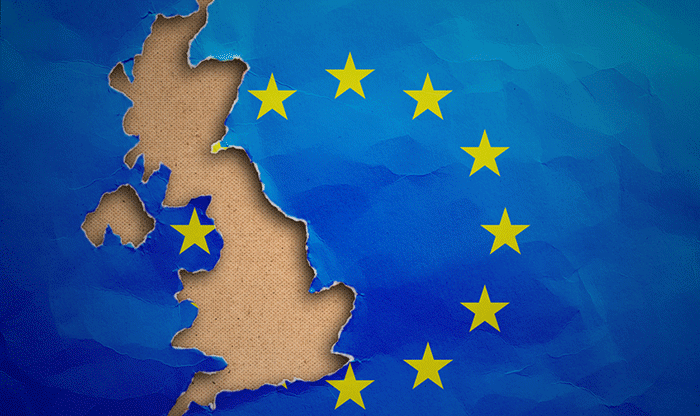
Economics, and life, is about trade-offs. You have to choose the best possible option from a selection of alternatives.
Analysing just one of those alternatives and declaring it good or bad does not in any way make it the right or wrong option. You have to analyse by comparing.
Pick up the Financial Times and you’ll read about how awful Brexit could be or how awful the EU is, but never are the two compared. Whose awfulness outranks the other’s is the correct question to ask.
Of course we can’t answer that conclusively because we don’t know what Brexit will look like. But the EU’s nincompoopery doesn’t set a high bar. More on that in a moment.
When it comes to the analysis of Brexit, the level of dishonesty coming from Remainers has collapsed slowly since the vote. When their predicted crashes and crises didn’t emerge, they began using words like “could” and “might” and “if” in their predictions of doom.
Typifying this is the governor of the Bank of England, Mark Carney. The Guardian newspaper described his latest Brexit warning like this: “Mr Carney said that business investment was slower than it would have been expected to be because of Brexit.” Yes, there’s a definite possibility of a firm maybe.
But my favourite example comes from the National Farmers Union (NFU), which warns Britain could face a food shortage under Brexit. At least that’s the way it’s framed… also by The Guardian. The NFU is actually saying that Brexit is an opportunity to regain food self-sufficiency. We’ve gone from importing 20% of our food to 40% in 30 years, it reports.
Among the top industry-body quotes ever to grace a newspaper page is this one from the NFU: “The two main responsibilities of any government are to defend its people and feed its people.” That’s probably true in North Korea and Venezuela, but everywhere else the government has long since learned this policy leads to mass starvation.
But back to economics and trade-offs. The figures are starting to firm up, here and there. The Brexit bill, rightly or wrongly, will cost around £36 billion, for example.
But there are still so many figures we don’t know. What’s the cost of EU regulation? And what will be the cost of the British regulation that replaces it? The difference between the two is the key to whether Brexit benefits or harms the economy. Only doing half the analysis is a manipulative mistake.
Unleashing Britain
The NFU did get one thing right. Brexit is an opportunity to unleash the British economy. With the right policies…
The wrong policies beget this. Given the propensity of our politicians to do all the wrong things before the free market forces them into compliance with common sense, it’s an eventuality you need to prepare yourself for. The risks and opportunities are all laid out for you here.
But let’s be optimistic today.
Britain could lead the world on all sorts of levels. And not just in finance.
The little corner of Britain which saw the invention of nothing less than the steam engine could be developing something even more monumental.
You’ve probably read about what oil discoveries did to the bank balances of landowners in Texas. Well you need to have your eye on this development if you want in on the environmentally friendlier British version.
Given that even nuclear reactors use steam, this reinvention of the wheel could provide enough steam to spin the UK’s economy, and the value of your shareholdings, to new heights.
Until next time,
Nick Hubble
Capital & Conflict
Category: Brexit

